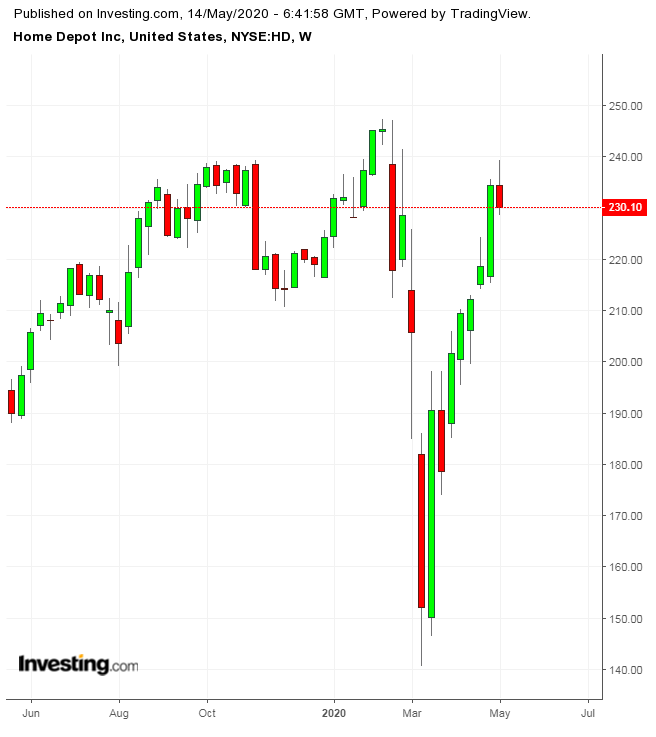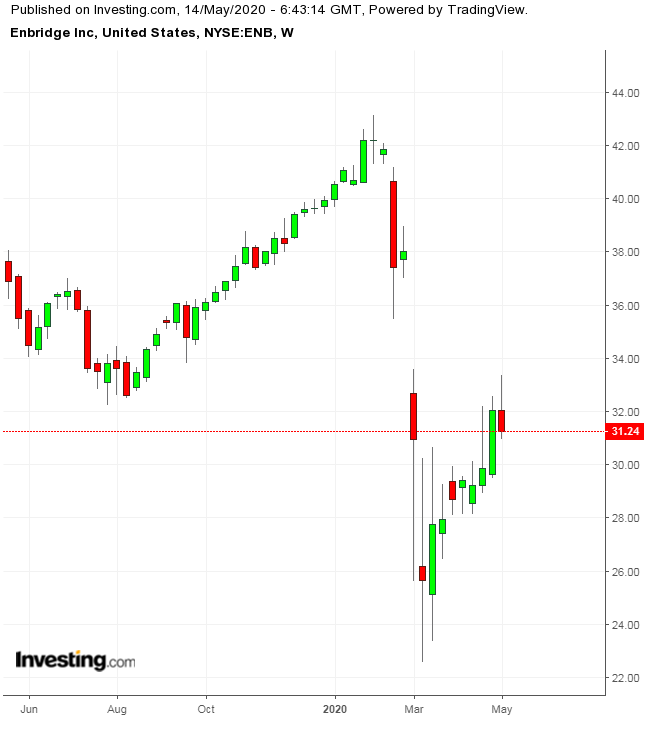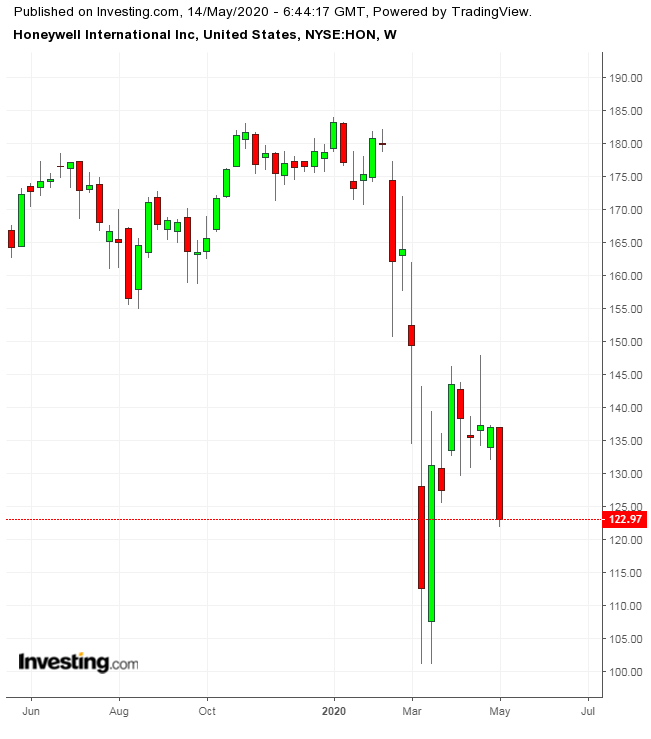For income investors searching for higher yields, the landscape continues to become more challenging. As the U.S. economy slips into a deep recession triggered by the COVID-19 pandemic, expectations that a low-rate environment will persist for longer have spurred investors to seek high-yield alternatives while taking riskier bets.
Though dividend stocks, with their solid income streams, can provide shelter as the skies get darker, it’s also important to understand that investing in high-yielding dividend stocks isn’t always profitable.
Investors should carefully pick their holdings, by focusing on companies with strong balance sheets, low levels of debt and a long history of rewarding investors. Below are three dividend stocks which we believe could prove a good long-term bet for investors hunting for stable income.
1. Home Depot
Home Depot (NYSE:HD) is one of the retailers best-positioned to survive the increasingly-likely impending recession.

Just before the deadly pandemic hit, the home improvement chain with more than 2,200 stores in the U.S. as well as outlets in Mexic and Canada, was reaping the reward for its $11-billion spending to modernize the company’s stores, upgrade digital options and enhance offerings for its key trade customers. Armed with these upgrades, there is a good chance that Home Depot’s same-store sales will revive quickly in the post-crisis era.
The strength of the U.S. housing market is also going to help Home Depot thrive once the coronavirus outbreak is contained, as lower borrowing costs boost house prices, making it easier for homeowners to increase spending on renovations.
As well, this retailer is a reliable dividend payer. Its quarterly dividend has expanded by 380% over the past decade, and with a healthy payout ratio of 42%, it has much more room to grow.
The stock, which closed yesterday at $230.10, yields 2.58%, paying $1.5 a share quarterly. The stock has gained 5% this year.
2. Enbridge
Utilities are another area where investors can find a good income stream if they hold for the long-run. North America’s largest gas and oil pipeline operator, Enbridge (NYSE:ENB) could be a good fit in this sector, with its massive moat and its crucial position in North America’s energy supply chain.

Enbridge's cash flows are well diversified across many businesses and geographies, helping the utility to weather the economic downturn better than other companies.
For instance, while the pandemic is hurting oil consumption across the board, Enbridge’s gas transmission, distribution and storage businesses, which account for about 30% of cash flows, are not expected to experience a meaningful impact from COVID-19.
This revenue stability makes Enbridge a good defensive stock to hold when the economic headwinds begin to churn. The company pays $0.577 a share quarterly dividend, with an annual yield of 7%.
Over the past three years, Enbridge has been carrying out a restructuring plan, selling assets, focusing on its core strengths, and paying down its debt. These measures are likely to benefit long-term investors whose goal is to earn steadily growing income.
Enbridge stock, down 21% to date in 2020, closed at $31.24 yesterday in New York.
3. Honeywell
The outlook for industrials is becoming gloomier by the day. Any company whose fate is closely tied to the health of the economy generally underperforms when growth risks accelerate. But Honeywell International (NYSE:HON), which produces specialty industrial machinery, may be one of the few exceptions to that rule.

The company’s diversified portfolio provides a lifeline to many industries, including homes and building, aviation, defense and space. Honeywell’s enduring competitive advantage is so large that challenging its dominance on a global scale is difficult.
Darius Adamczyk, who is in his third year as the CEO, is trying to transform the 135-year industrial giant into an enterprise with a start-up culture. He has introduced more software-based products since he took control, to help clients better manage their supply-chains, providing the Charlotte, North Carolina-based company with a stronger financial outlook.
Honeywell also has an impressive track record when it comes to paying dividends. Currently yielding about 3%, its $0.90 a share quarterly dividend has grown over 11% per year during the last five years. Shares closed yesterday at $122.97. The company has paid uninterrupted dividends for more than two decades, while maintaining a low payout ratio, currently at 49%.
Bottom Line
A recession is undoubtedly a time when prudent investors look to reduce their risks and avoid investing in stocks whose fate is closely tied to economic growth. But for investors with a longer time horizon, who aim to generate passive income for the duration, any market downturn could present opportunities to buy solid dividend-paying stocks.
